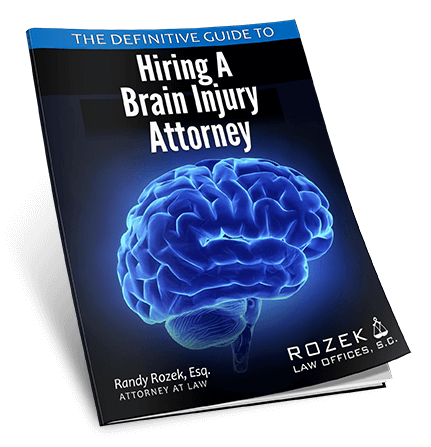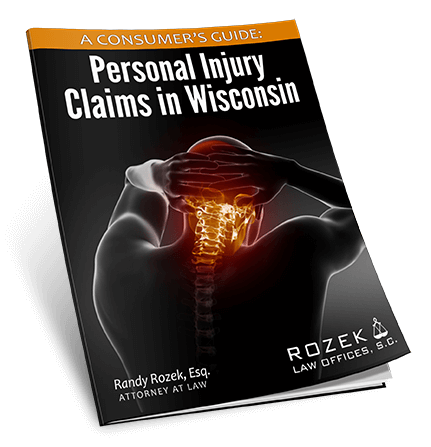New approach to treating traumatic brain injury looks promising
Researchers in California have discovered a new approach to treating traumatic brain injury (TBI) through calcium release-activated calcium and they presented their findings last week at the 46 th Annual Society for Neuroscience meeting.
The scientists, who are from the San Fransisco Veterans Affairs Medical Center and UCSF along with CalciMedica, Inc., presented a poster at the meeting in San Diego last Wednesday.
The poster described the use of calcium release-activated calcium (CRAC) channel inhibitors in traumatic brain injury. The poster is titled “Calcium release-activated calcium (CRAC) channel inhibition protects against experiment brain injury by inhibiting microglial activation.”
“It indicates that a CRAC channel inhibitor developed by CalciMedica protected neurons in association with microglia, both in vitro and in vivo, to various insults, including oxygen deprivation, immune activation with pro-inflammatory agents and blunt force trauma, through modulation of microglia,” an article in News Medical Life Sciences reads. “In the TBI model, the CRAC channel inhibitor decreased lesion size, brain hemorrhage and neurological deficits.”
Midori Yenari, MD, Professor in the Dept. of Neurology at UCSF School of Medicine and the San Francisco VA Medical Center Neurology Dept. and senior author of the paper, said in the article that the work opens up a new approach to regulating acute inflammation, which is a common problem in patients who suffer traumatic brain injury and stroke.
“Microglia are immune cells that reside in the central nervous system; they are similar to macrophage cells in other tissues. They are typically quiescent, but support and protect neurons when activated by scavenging extracellular debris, including dead or dying cells, and bacteria and viruses,” the article reads. “They can release cytotoxic substances like H2O2, or release cytokines to either directly kill bacteria or mount an immune response against them, but this can also injure neurons if uncontrolled. It is hypothesized that during and shortly after brain trauma, activated microglial cells contribute to the injury, and by limiting this response, damage can be reduced.”
Researchers from the San Francisco Veterans Affairs Medical Center and UCSF, and CalciMedica, Inc., are presenting a poster at the 46th annual Society for Neuroscience meeting in San Diego describing the use of calcium release-activated calcium (CRAC) channel inhibitors in traumatic brain injury (TBI). The poster, to be presented on Wednesday, November 16 th , is titled “Calcium release-activated calcium (CRAC) channel inhibition protects against experiment brain injury by inhibiting microglial activation”. It indicates that a CRAC channel inhibitor developed by CalciMedica protected neurons in association with microglia, both in vitro and in vivo, to various insults, including oxygen deprivation, immune activation with pro-inflammatory agents and blunt force trauma, through modulation of microglia. In the TBI model, the CRAC channel inhibitor decreased lesion size, brain hemorrhage and neurological deficits.
Midori Yenari, MD, Professor in the Dept. of Neurology at UCSF School of Medicine and the San Francisco VA Medical Center Neurology Dept. and senior author of the paper, said “This work potentially opens up a new approach to modulate the acute inflammation that can be so damaging in neurological emergencies like TBI and stroke. We are excited about expanding this work, better characterizing the effects of these compounds in our disease models, and hopefully making the transition to human studies, where the need for effective therapies is so great.”
Researchers from the San Francisco Veterans Affairs Medical Center and UCSF, and CalciMedica, Inc., are presenting a poster at the 46th annual Society for Neuroscience meeting in San Diego describing the use of calcium release-activated calcium (CRAC) channel inhibitors in traumatic brain injury (TBI). The poster, to be presented on Wednesday, November 16 th , is titled “Calcium release-activated calcium (CRAC) channel inhibition protects against experiment brain injury by inhibiting microglial activation”. It indicates that a CRAC channel inhibitor developed by CalciMedica protected neurons in association with microglia, both in vitro and in vivo, to various insults, including oxygen deprivation, immune activation with pro-inflammatory agents and blunt force trauma, through modulation of microglia. In the TBI model, the CRAC channel inhibitor decreased lesion size, brain hemorrhage and neurological deficits.
Midori Yenari, MD, Professor in the Dept. of Neurology at UCSF School of Medicine and the San Francisco VA Medical Center Neurology Dept. and senior author of the paper, said “This work potentially opens up a new approach to modulate the acute inflammation that can be so damaging in neurological emergencies like TBI and stroke. We are excited about expanding this work, better characterizing the effects of these compounds in our disease models, and hopefully making the transition to human studies, where the need for effective therapies is so great.”
Researchers from the San Francisco Veterans Affairs Medical Center and UCSF, and CalciMedica, Inc., are presenting a poster at the 46th annual Society for Neuroscience meeting in San Diego describing the use of calcium release-activated calcium (CRAC) channel inhibitors in traumatic brain injury (TBI). The poster, to be presented on Wednesday, November 16 th , is titled “Calcium release-activated calcium (CRAC) channel inhibition protects against experiment brain injury by inhibiting microglial activation”. It indicates that a CRAC channel inhibitor developed by CalciMedica protected neurons in association with microglia, both in vitro and in vivo, to various insults, including oxygen deprivation, immune activation with pro-inflammatory agents and blunt force trauma, through modulation of microglia. In the TBI model, the CRAC channel inhibitor decreased lesion size, brain hemorrhage and neurological deficits.
Midori Yenari, MD, Professor in the Dept. of Neurology at UCSF School of Medicine and the San Francisco VA Medical Center Neurology Dept. and senior author of the paper, said “This work potentially opens up a new approach to modulate the acute inflammation that can be so damaging in neurological emergencies like TBI and stroke. We are excited about expanding this work, better characterizing the effects of these compounds in our disease models, and hopefully making the transition to human studies, where the need for effective therapies is so great.”
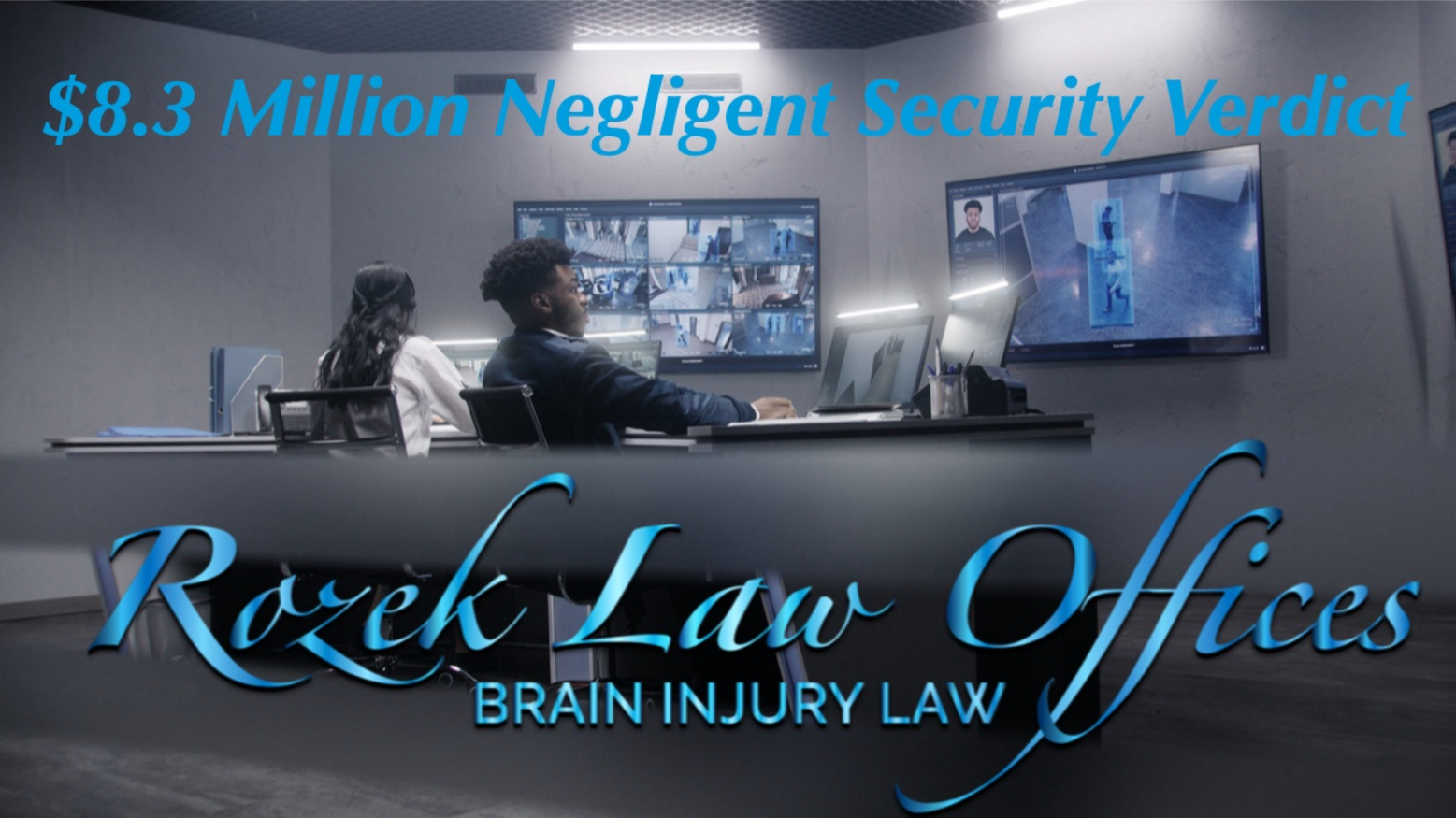





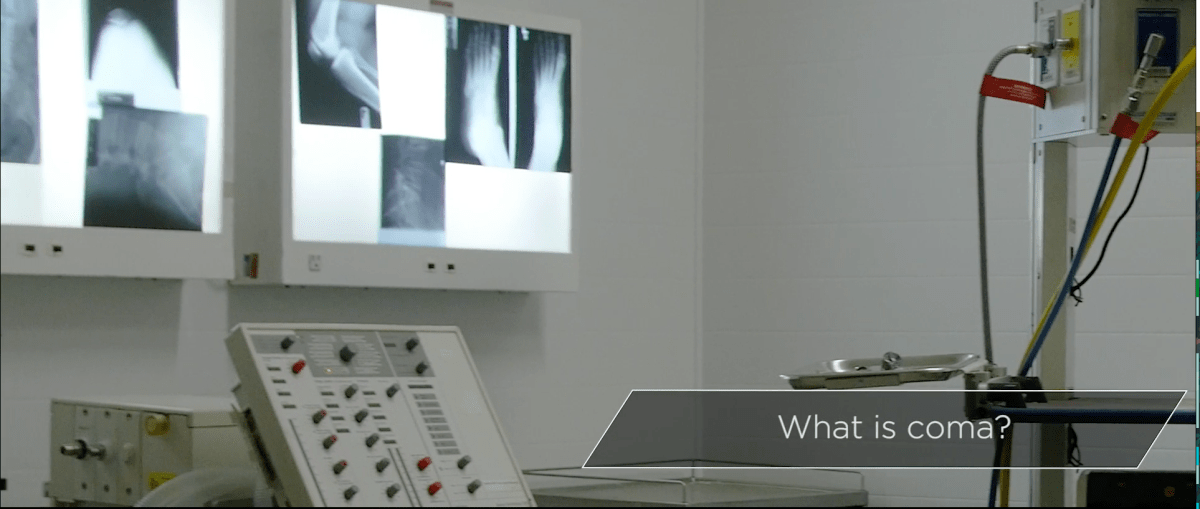


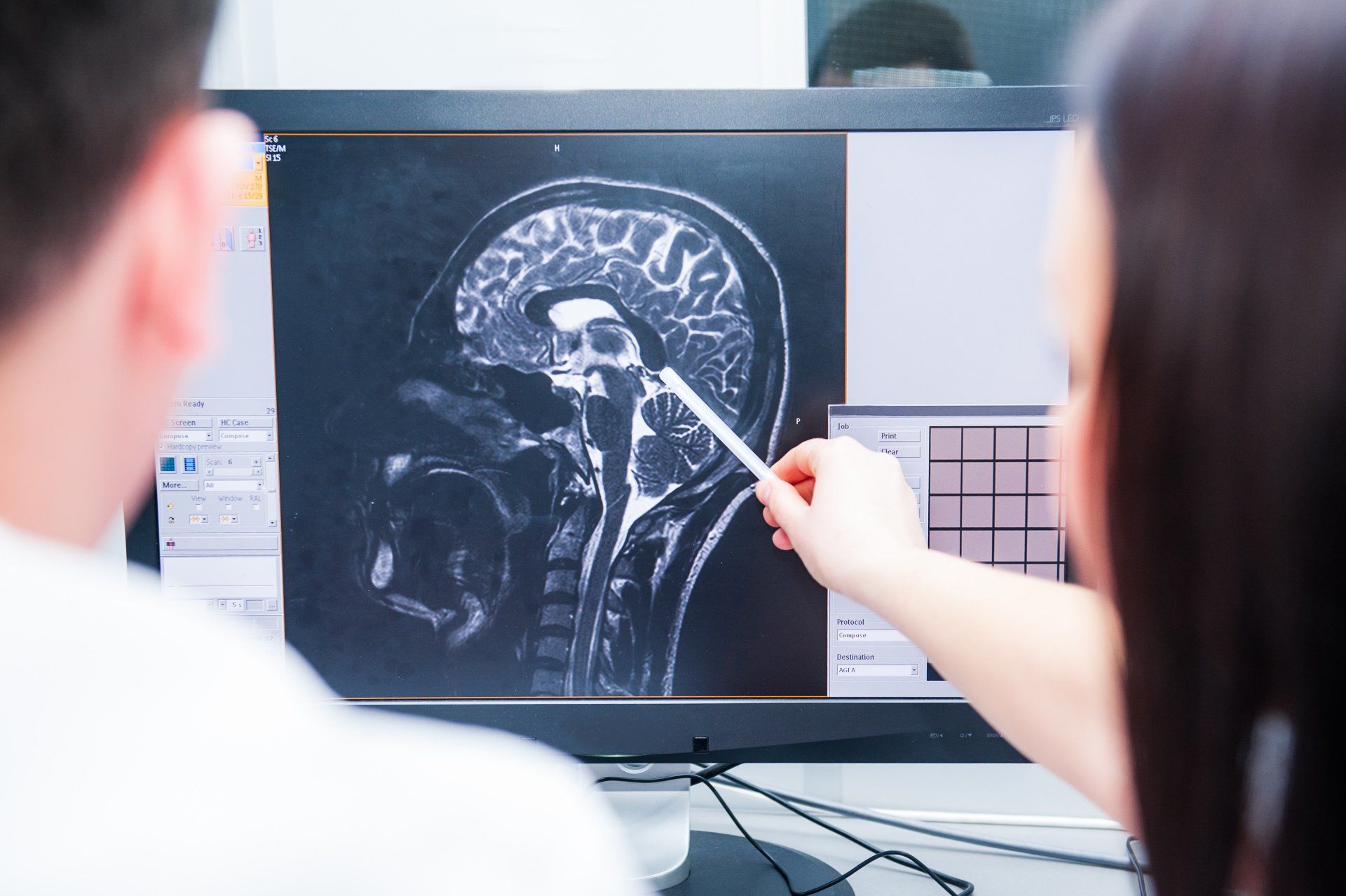
Request Your Free eBook
Our office has provided information regarding the different types of Wisconsin Personal Injury Accidents that we have experience handling.
Wisconsin Accidents
Wisconsin Personal Injuries
Ready to get started?
Call us at 414-374-4444
Recent Blog Posts






